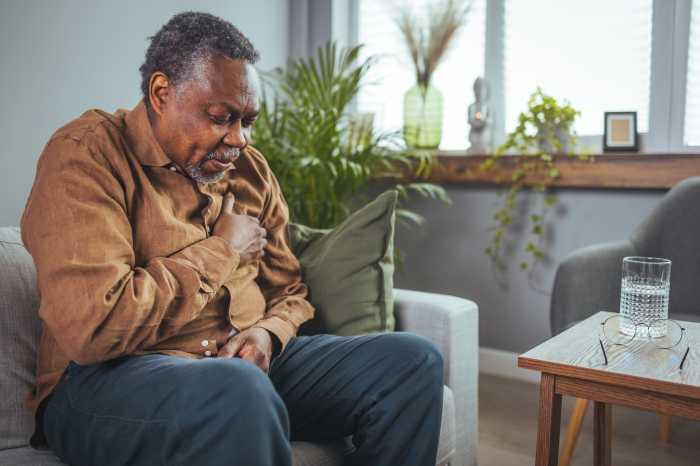Surgery is often part of treating breast cancer. According to the American Cancer Society, doctors may recommend women undergo breast biopsies, lymph-node biopsies or removals, lumpectomies, mastectomies, or breast reconstructions as part of their treatments.
Surgery is often an effective way to treat breast cancer, but it does come with some side effects.
The Society notes that breast-cancer surgery can affect how well women move their shoulders and arms, as pain and stiffness can weaken both areas. In addition, women’s ability to take deep breaths may be compromised after surgery, and they may have difficulty performing normal everyday activities like dressing, bathing, and brushing their hair.
Exercise may seem impossible after breast-cancer surgery, but the Society recommends women exercise after surgery to get their arms and shoulders moving again.
It notes that exercise can be especially important to women who underwent radiation therapy after surgery, as radiation can affect movement in the arm and shoulder long after treatment has ended.
Regular exercise after radiation treatment can help women maintain mobility in their arms and shoulders.
Exercising after breast-cancer surgery can restore movement, but it’s important that women take into account the following pointers, courtesy of the American Cancer Society, before beginning a regimen:
Speak with your physician. Doctors may prescribe physical or occupational therapy, and some may even refer patients to cancer exercise specialists.
Simply jumping back into your pre-surgery exercise routine can be dangerous, so bring up exercise immediately after surgery or during a followup visit.
Expect some tightness. Doctors may suggest women begin exercising a week or more after undergoing breast cancer surgery.
It’s normal to feel some tightness in the chest and armpit after surgery, but the tightness will begin to subside as you exercise. Report any persistent tightness or pain to a physician immediately.
Some burning, tingling, numbness, or soreness may also occur. These symptoms may be felt on the back of the arm or on the chest wall and are often a result of the surgery irritating some of your nerves. The sensations of burning, tingling, numbness, and soreness may even increase a few weeks after surgery.
But the Society advises women to keep exercising through these symptoms unless they notice unusual swelling or tenderness, which should be reported to physicians right away.
Exercise after a warm shower. A warm shower may warm and relax muscles, making exercise less painful.
Dress appropriately. Comfortable, loose-fitting clothing can make it easier to do exercises, as such attire is not restrictive.
More information regarding exercise after breast-cancer surgery, including specific exercise recommendations, can be found at www.cance


























